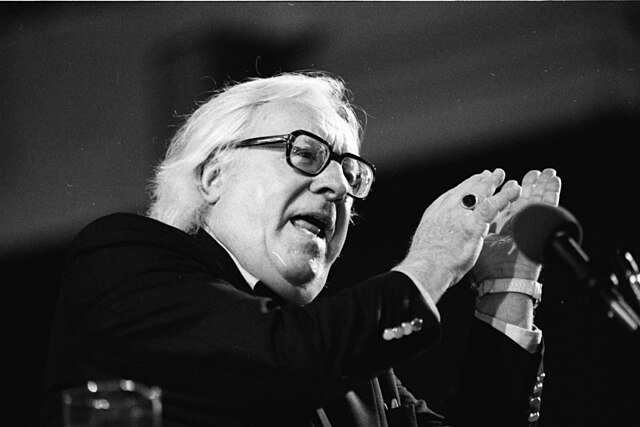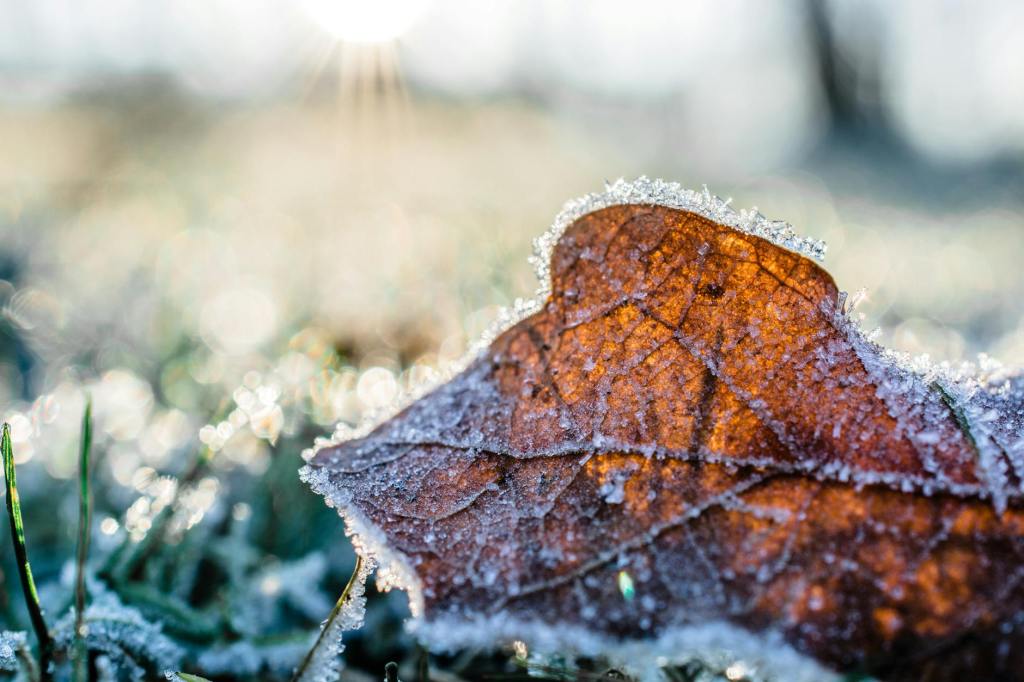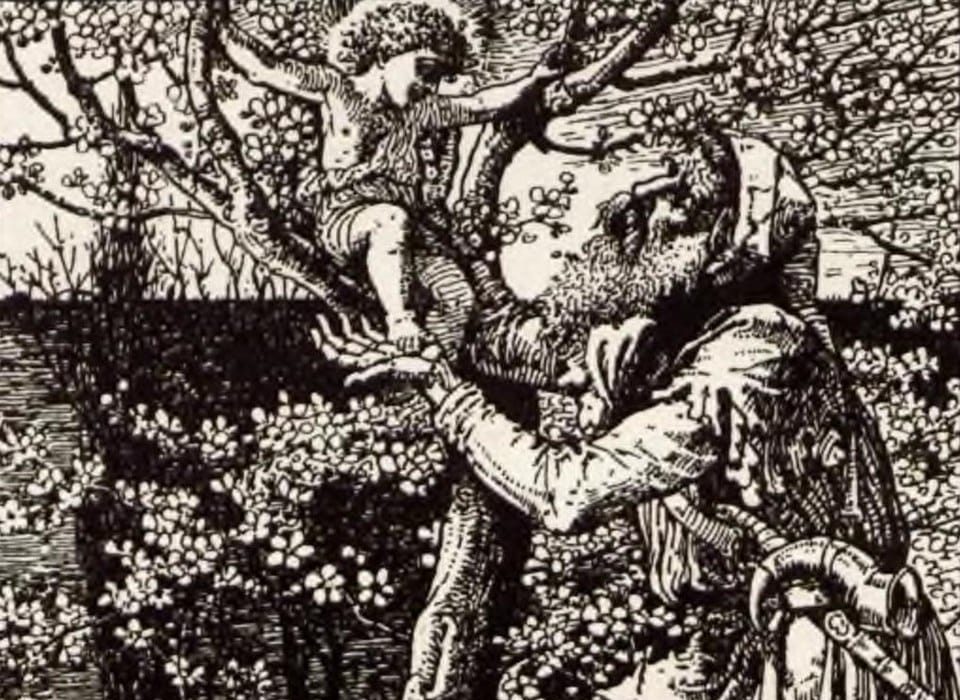Much of post-apocalyptic fiction has the same vision: blighted landscapes of fog and destruction. Dripping trees and fell houses. A sound somewhere in the distance of machinery ticking or the clinking of long-dead technology. In “There Will Come Soft Rains” by Ray Bradbury, the author introduces us to an automated house. One that is futuristic and ready to make life better for a lovely family.
Yet, the world has moved on and all that remains is the house itself in landscape of a dismantled future.
Today on the blog we examine one of Bradbury’s finest short stories that highlights the effects of technology run amok and the death of humanity.
Summary
The House Wakes Up
To begin, the story starts with a house coming back online for its daily routine. It tells the reader that the date is “Aug. 4, 2026.” The house prepares to do its work. Bradbury writes: “The morning house lay empty. The clock ticked on, repeating and repeating its sounds into the emptiness. Seven-nine, breakfast time, seven-nine!” Now awake, its work entails making breakfast, cleaning, and organizing. However, through all of this, there are no human inhabitants as “no doors slammed, no carpets took the soft tread of rubber heels.”
A New Arrival
Next, an alarming scene occurs in the morning when the family dog arrives, only to find itself alone and leaden with radiation sickness.
As such, Bradbury tells us that the “dog frothed at the mouth, lying at the door, sniffing, its eyes turned to fire” and that it “ran wildly in circles, biting at its tail, spun in a frenzy, and died.” Having laid in the “parlor for an hour … The dog was gone.”
“In the cellar, the incinerator glowed suddenly and a whirl of sparks leaped up the chimney,” the author states.
The Poem
Then, the house recites a poem around nine o’clock in the evening. The poem, “There Will Come Soft Rains,” by Sara Teasdale plays into the theme of the story.
“There will come soft rains and the smell of the ground,
And swallows circling with their shimmering sound;
And frogs in the pools singing at night,
And wild plum trees in tremulous white;
Robins will wear their feathery fire,
Whistling their whims on a low fence-wire;
And not one will know of the war, not one
Will care at last when it is done.
Not one would mind, neither bird nor tree,
If mankind perished utterly;
And Spring herself, when she woke at dawn
Would scarcely know that we were gone.”
Cleansed in Fire
A fire consumes the house at this point, as a “falling tree bough crashed through the kitchen window.” It smashes a bottle of cleaning solvent on the stove. The house burns to the ground in a great, smokey catastrophe.
As the story finishes, Bradbury writes that the dawn “showed faintly in the east” and among “the ruins, one wall stood alone.” The wall itself repeats the date–August 5, 2026–over and over again.
Analysis

Firstly, in analyzing “There Will Come Soft Rains” by Ray Bradbury, we have a multi-layered thematic exploration happening in this story. To begin, and perhaps the most obvious, is the reliance on technology to make life easier. Seemingly perfect, the house prepares and takes care of both the needs and wants of the now-deceased family. However, this reliance on technology is ultimately humanity’s folly, as nuclear war as eradicated everybody on Earth. Thus, the house has nobody left to care for.
Secondly, we have a story of nature’s perseverance. For example, the author cites Teasdale’s poem in the story on purpose. The poem itself discusses the goings-on of birds, frogs, and spring. which informs the reader of nature’s ambivalence to humanity’s warfare and violence. Later in the story, a gust of wind causes a branch to fall into the house. A reading of this is that such an action is nature’s power asserting itself over humanity’s rule. Therefore, nature subsumes humanity and is the dominant force, regardless of the power of a nuclear weapon or the technological superiority of a house.
Lastly, we have a house bathed in fire. I assume the relation to the world being bathed in its own destruction also links together. The house is a remnant of a humanity that could only destroy itself and thus the house must also be destroyed. Pairing this with nature, we can see how there was no chance for humanity to flourish when it is dead set on destruction.
Works Cited
Bradbury, Ray. “There Will Come Soft Rains.” The Martian Chronicles, Doubleday, 1950, pp. 164-169.





Leave a comment